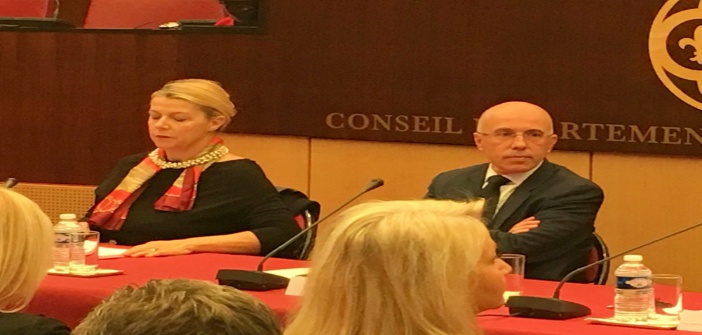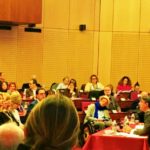Last Friday, the Departmental Council for Citizenship and Autonomy was launched. A new consultative body for the benefit of the elderly and people with disabilities.
The departmental institution was represented by Éric Ciotti and Anne Satonnet, the elected official in charge of this delegation.
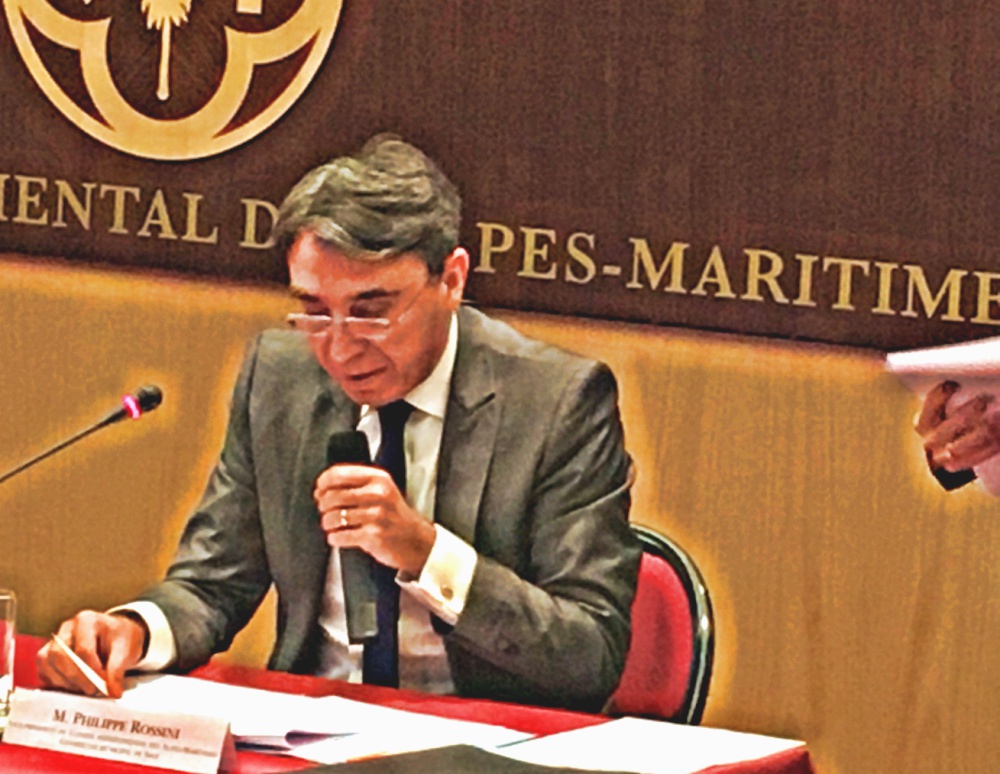
The meeting on Friday morning marks a new step in the local implementation of the Law on the Adaptation of Society to Aging, known as the “ASV law.” The law was adopted on December 28, 2015.
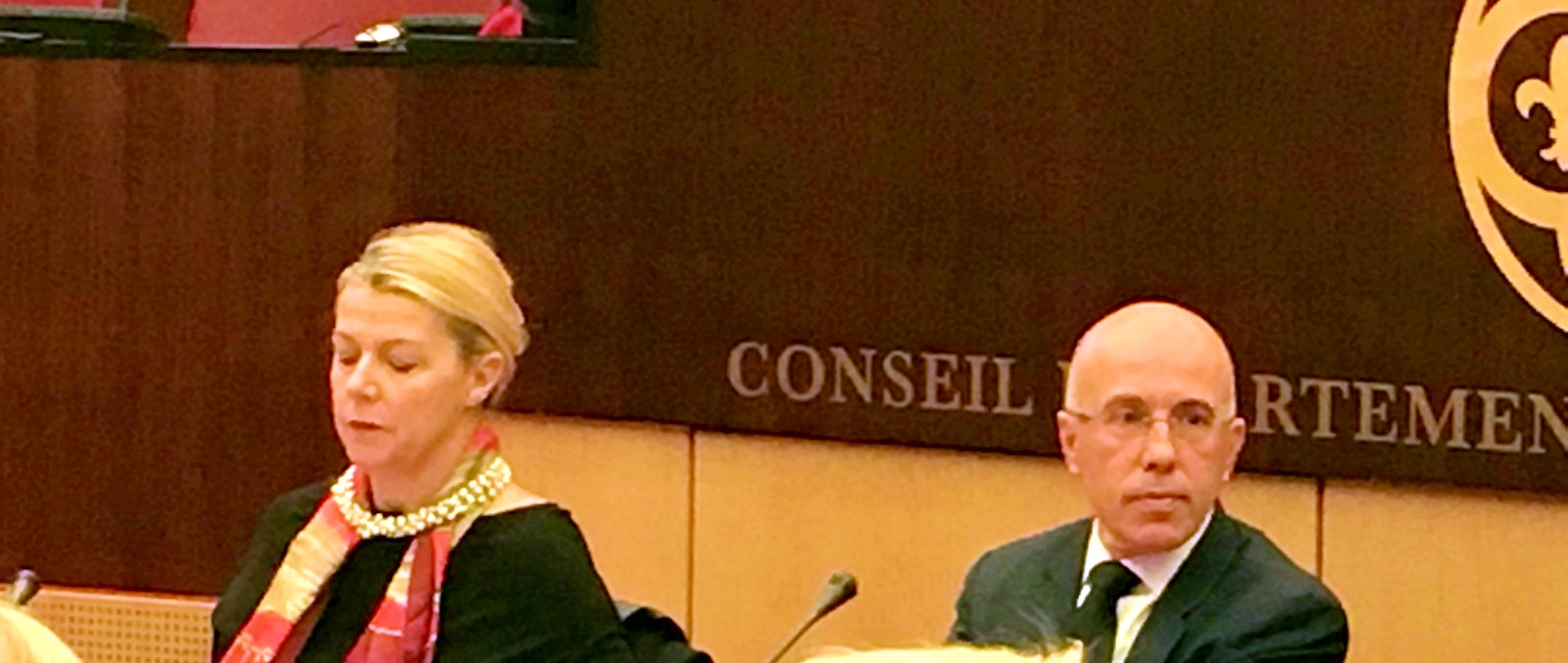
This step introduces, according to Eric Ciotti (MP and president of finance for the Alpes Maritimes), a significant change concerning age and disability. A change with major impacts on the Departmental Council. The council has long been committed to seniors and people with disabilities.
Eric Ciotti then detailed the various solidarity policies.
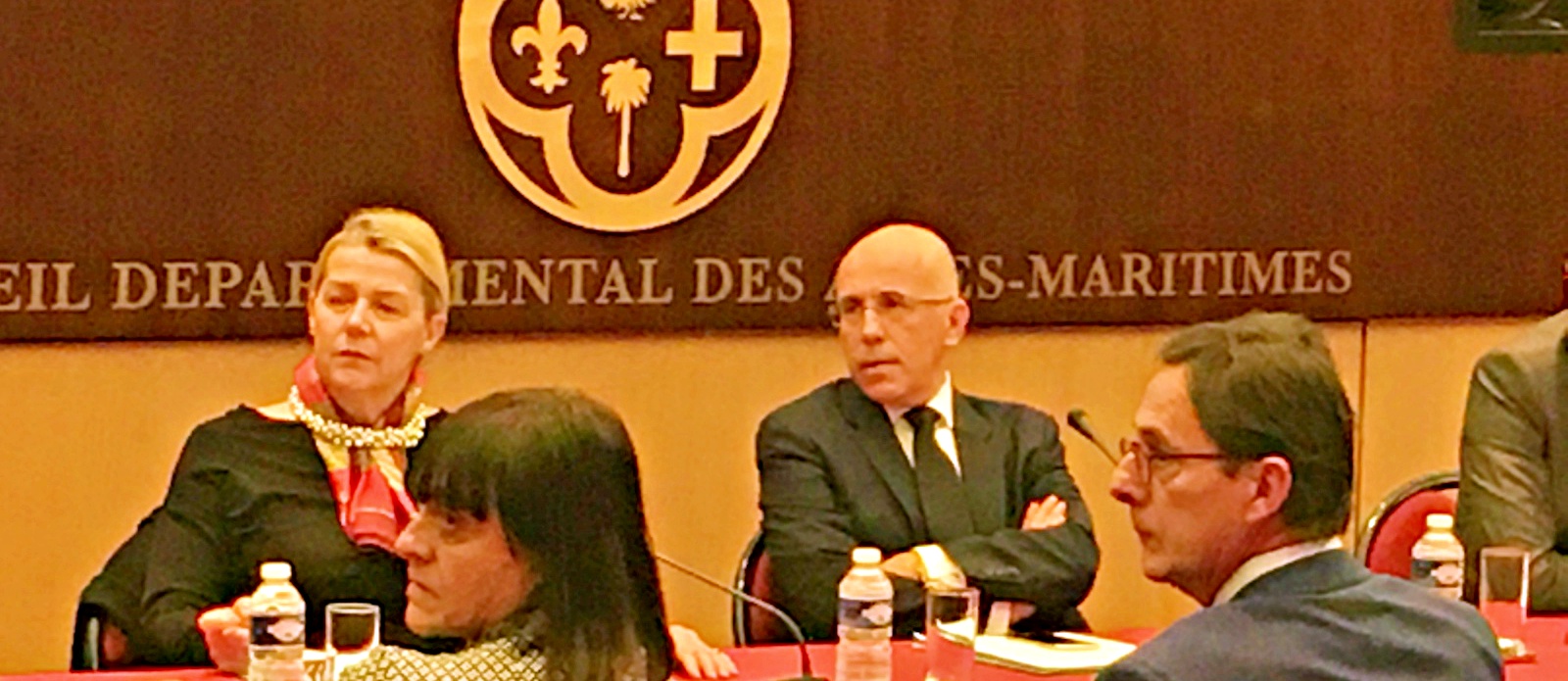
154.5 million in operational aid is allocated to seniors for the year 2018.
350,000 people are over 60 in the Alpes Maritimes, but only 25,000 depend on this APA (Personalized Autonomy Allowance). Among these 25,000, only 15,000 currently receive it, at a cost of 70 million for the department.
A departmental gerontological plan, being redesigned for the next 5 years, encompasses all the “Aging Well” actions and partnerships in the Alpes Maritimes.

Second central axis: the policies carried out for disabled people
In 2018, the budget related to this policy amounts to 115 million, including 67 million for accommodation and 38 million for home support.
Currently, the department has 74 facilities for 1,584 places, plus 204 day care places and 36 temporary accommodation beds. This reflects an unprecedented effort by the Departmental Council to create new places in facilities.
Currently, 21 services intervene at home, for a total of 906 places, according to Eric Ciotti. Among people with disabilities, he continues, “2,984 individuals benefit from the Disability Compensation Benefit (PCH)” financed up to 29.5 million euros by the Departmental Council.
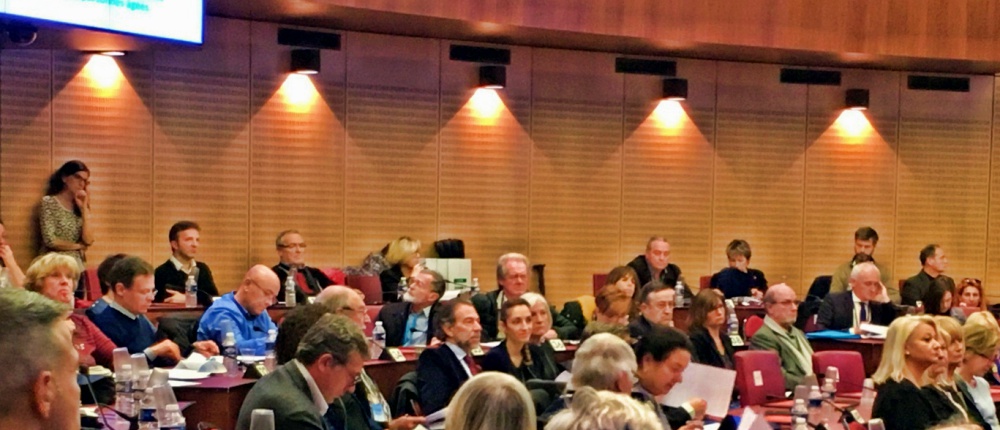
The departmental plan for people with disabilities was adopted in 2014 for 4 years. It’s a plan that structures the dynamic of coordinating different stakeholders and optimizes resource mechanisms to continue progressing.
Eric Ciotti then returned to the ASV law. He wishes to implement its main provisions one by one:
– The Chairmanship of the Conference of Funders for Loss of Autonomy, established experimentally as early as 2015 in the Alpes Maritimes.
– The redesign of APA, with the reduction of beneficiaries’ participation in their care costs. A measure already applied, but Eric Ciotti wants to go further. He explains: “during the assembly on April 15, 2016, by deliberation, we wished to maintain the 500 beneficiaries for whom the effects of the law were unfavorable.”
– The transformation of housing-foyers into autonomy residences and the introduction of an autonomy allowance paid by the Department to autonomous residences after the signing of a CPOM (multi-year objective and resources agreement). A modification implemented at the end of 2016.
– CPOM signatures planned with 150 EHPAD and the ARS (Regional Health Agency) for the period 2017-2021, after the validation of the basic document of the Contract by the Standing Committee, including 38 in 2017.
The creation of the Departmental Council for Citizenship and Autonomy, according to Eric Ciotti, corresponds to a new step in implementing the resulting modifications.
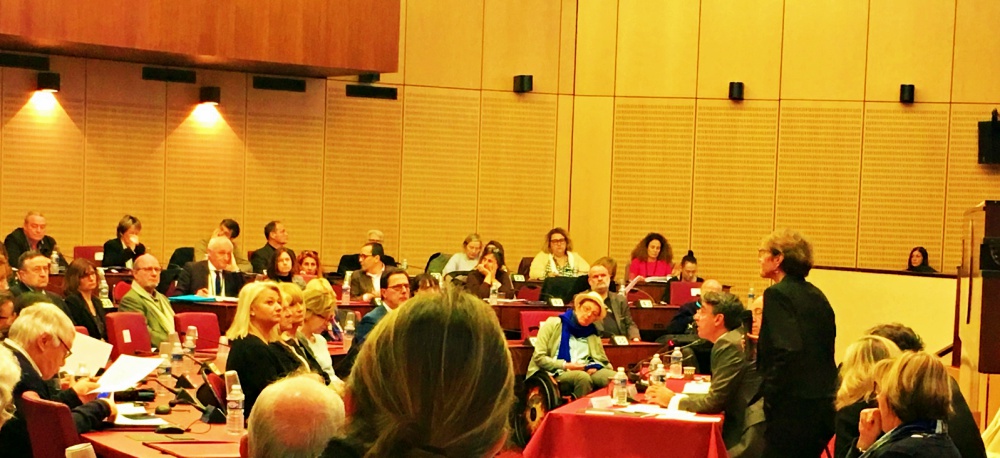
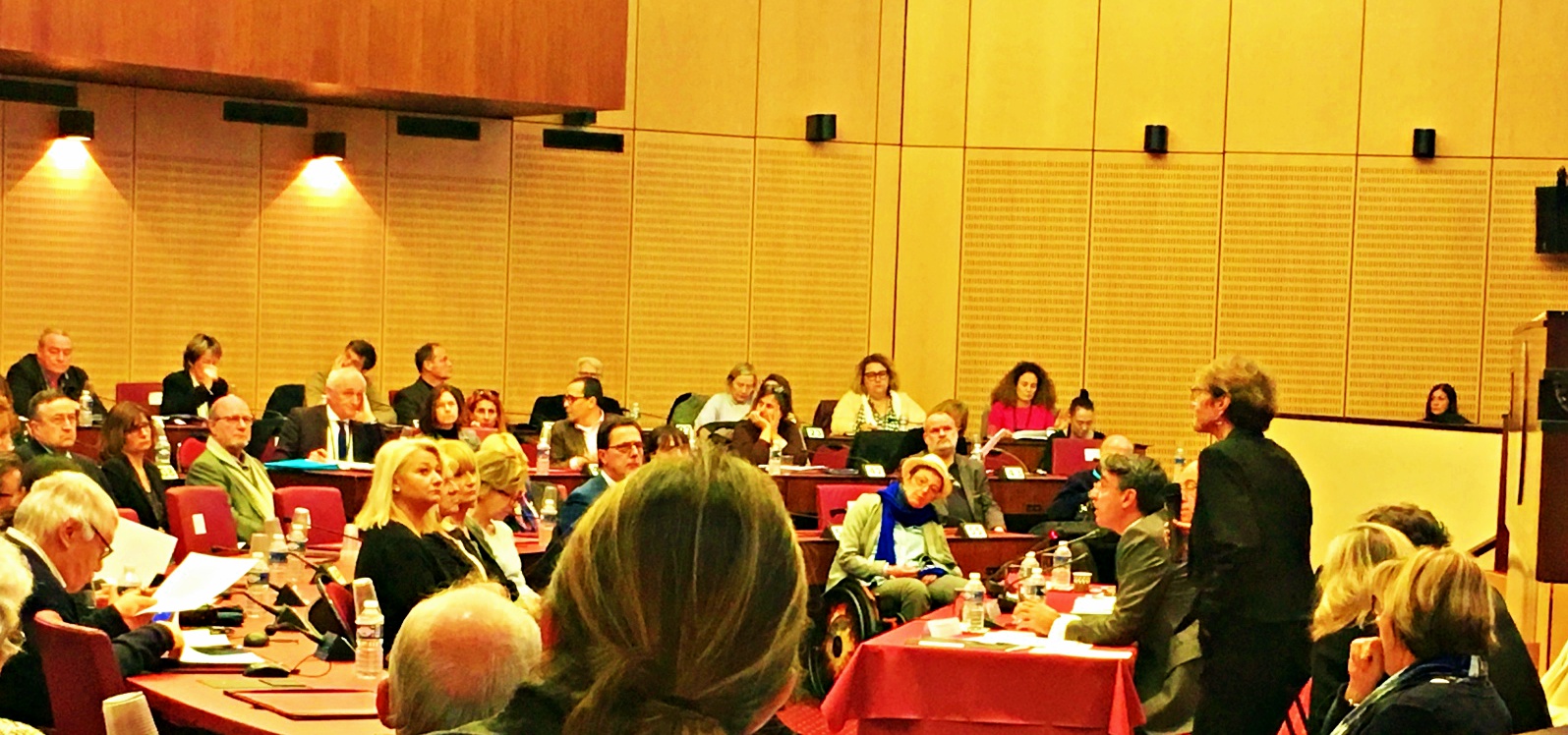
– Consultative body chaired by the President of the Departmental Council. The CDCA strengthens participatory democracy at the local level and facilitates the co-construction of territorial public policies, in consultation with users and their relatives.
A CDCA that replaces the two specialized organizations
– The Departmental Consultative Council for Disabled Persons (CDCPH)
– The Departmental Committee of Retirees and Elderly Persons CODERPA
A reorganization that meets the need to consider the specificities of each audience, with the organization into two specialized sections, of up to 48 members.
– One for issues related to elderly people
– The other for those related to people with disabilities.
These two sections remain under the guidance of a vice-president elected from the 1st college (representing users).
The sections are brought together during CDCA plenary meetings, convened at least twice a year. The mandate of its members is set at three years. The list is drawn up in connection with the Prefect and the ARS.
Finally, the last provision proposed by Eric Ciotti, the CDCA must adopt internal regulations specifying the rules of operation.
He concludes by warmly thanking the 90 members who are committed to the cause of “Aging Well” and autonomy, whose extreme importance for the Department everyone has been able to understand.
